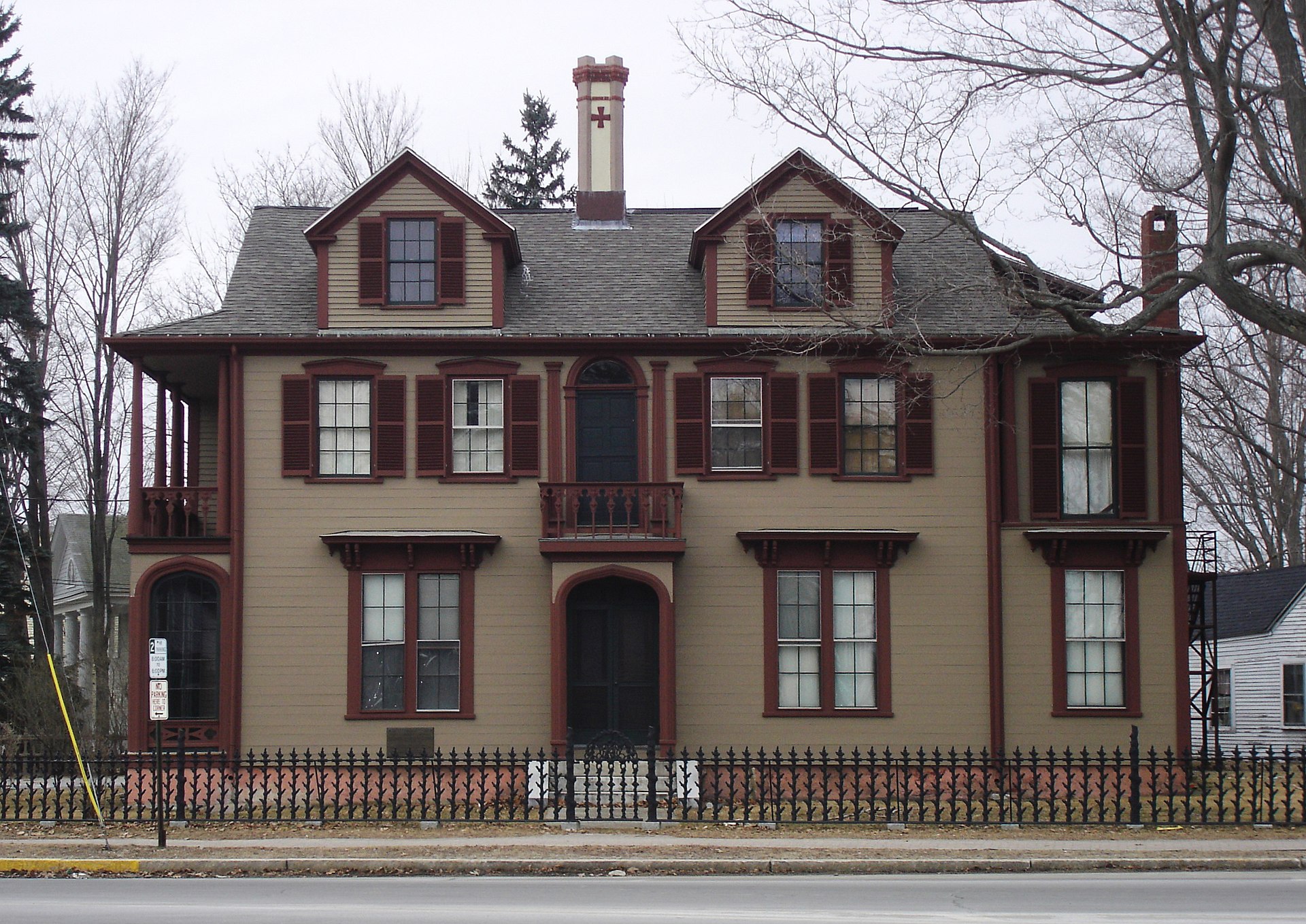About Publications Library Archives
heritagepost.org

Preserving Revolutionary & Civil War History

Preserving Revolutionary & Civil War History

A Bowdoin College professor, Joshua L. Chamberlain went to the Maine state capital to offer his services in 1862. Offered the colonelcy of a regiment, he declined, according to John J. Pullen in The 20th Maine, preferring to “start a little lower and learn the business first. ” He was made lieutenant colonel of the regiment on August 8.
With the regiment Chamberlain took part in the battles of Antietam, Shepherdstown Ford, Fredericksburg (wounded), and Chancellorsville. At the battle of Gettysburg the regiment, now commanded by Chamberlain, held the extreme left flank on Little Round Top, a service for which he was later awarded the Congressional Medal of Honor. He also received a second wound. In November 1863 he was relieved from field service and sent to Washington suffering from malaria. He was given lighter duties.
Resuming command of the regiment in May 1864, he led it in the battle of Cold Harbor. Assigned to brigade command in June, only to fall wounded 12 days later in the assault on Petersburg, he was promoted to brigadier general on the spot by General Grant, then carried to the rear, where a surgeon declared that he would certainly die from the wound. (The doctor was right. Fifty years later Chamberlain succumbed to its effects.) Rejoining the army in November, he was forced by his wound to return to Maine, but he came back again during the Petersburg siege during which he was wounded for the fourth time.
He then took part in the Appomattox Campaign, about which he wrote The Passing of the Armies. He was given the honor of commanding the troops that formally accepted the surrender of the Confederate army. He later served as governor of Maine and president of Bowdoin.
(Wallace, Willard M., Soul of the Lion: A Biography of General Joshua L. Chamberlain)